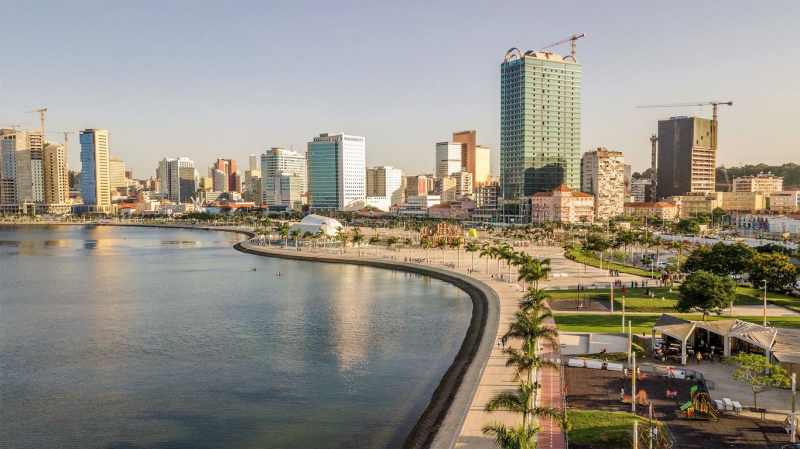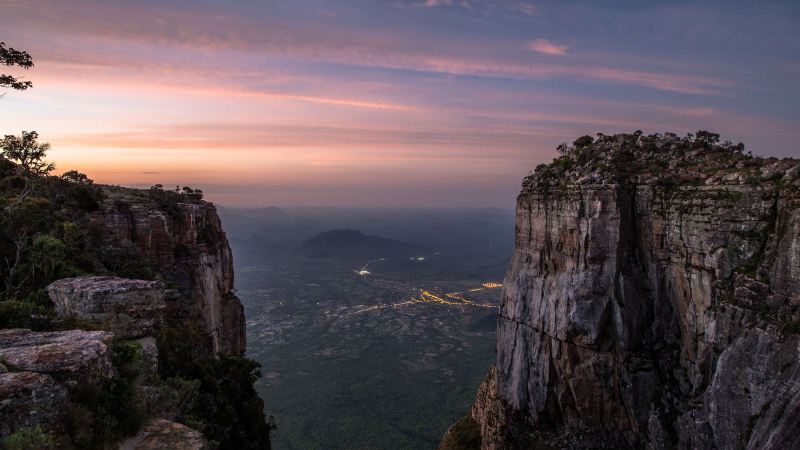Cultural identity
Many Angolans would characterize themselves as 'Angolans,' however it is also customary for Angolans to identify with the tribe of their ancestors. Angola has over 100 unique ethnic groups, each with their own language and customs, the largest of which is the Ovimbundu. The majority still speaks Portuguese, with the younger age almost entirely speaking it. Indigenous languages are still commonly spoken, with many Angolans speaking two languages.
Similarly, Angola's majority of people are Roman Catholic as a result of its 500-year history as a Portuguese colony. However, followers of native African faiths can be found; after independence, there was a significant upsurge in people adopting pre-colonial beliefs. Spirit or ancestor worship, where offerings and prayers are presented to the dead who are regarded to be able to influence the lives of living generations, is one part of ancient African religion that may still be witnessed in Angola. Angola has a diverse religious landscape, thanks to the inclusion of religious freedom in the country's constitution following the civil war.













